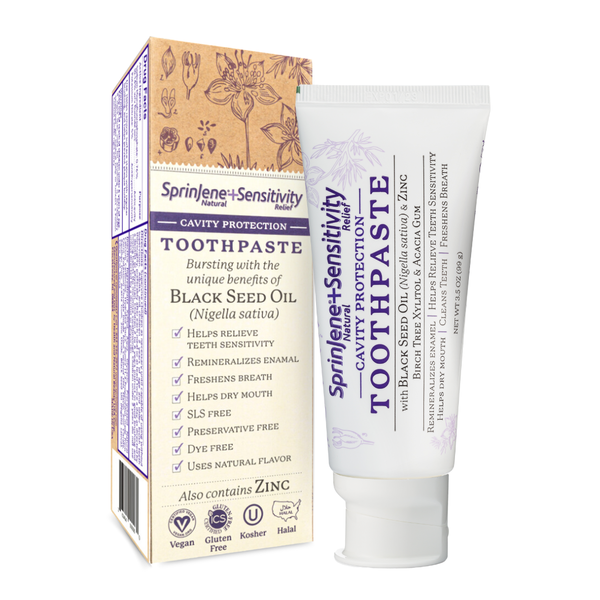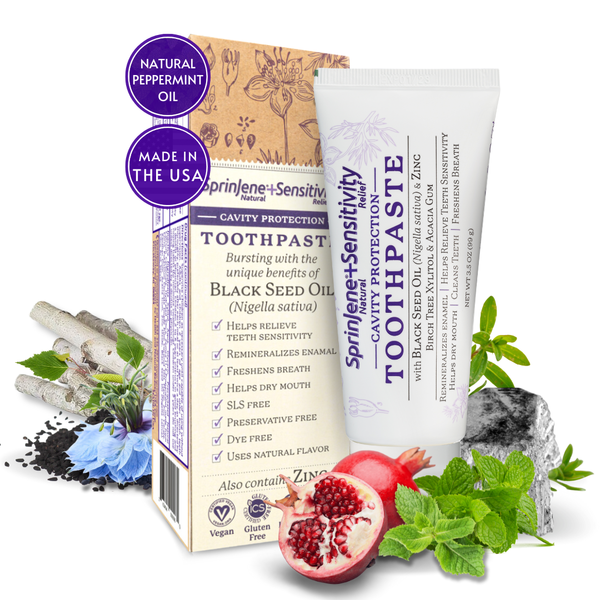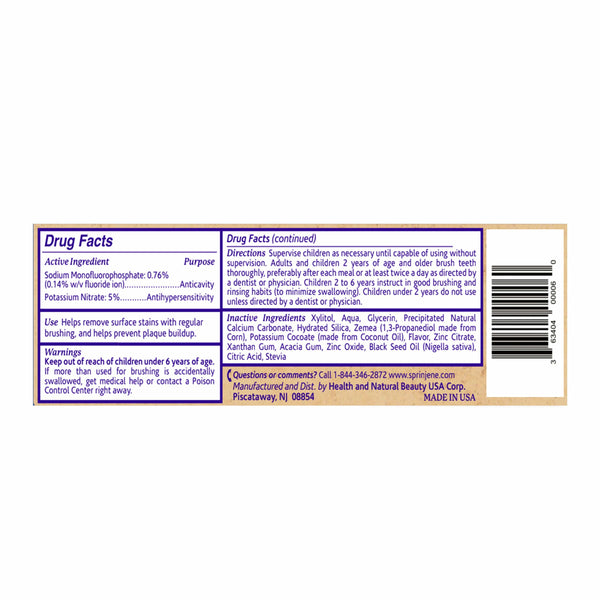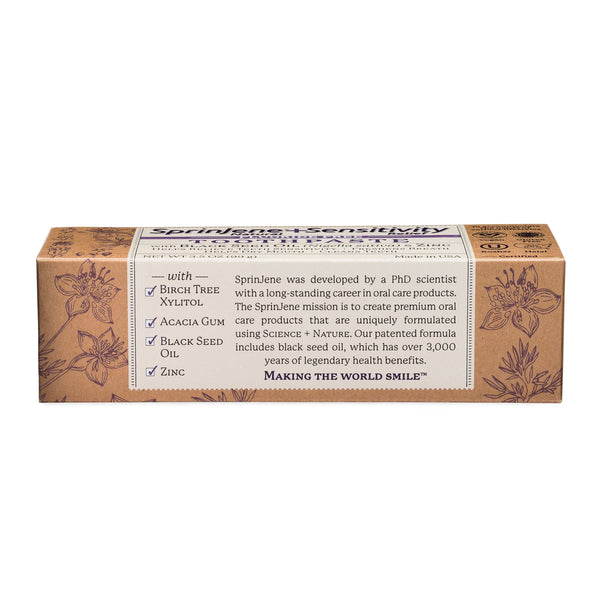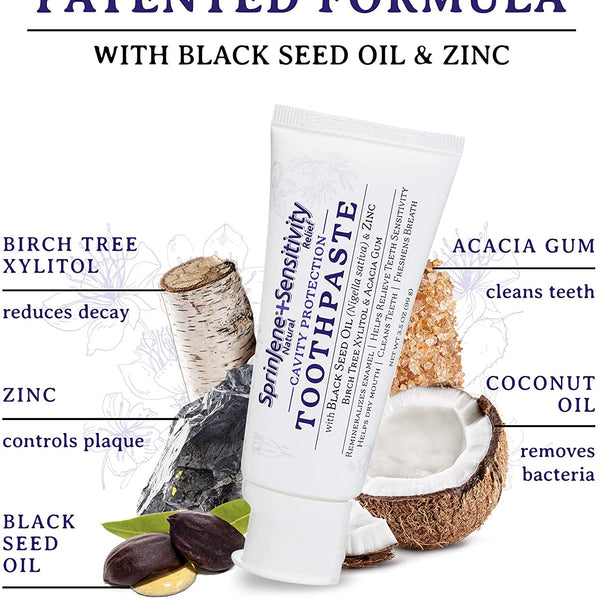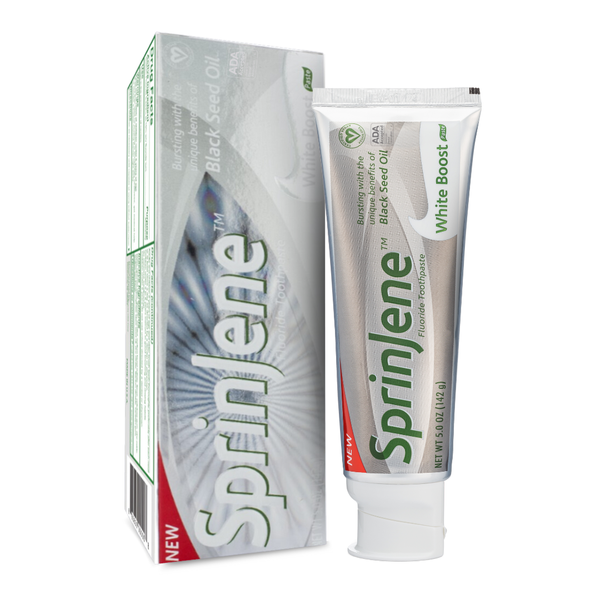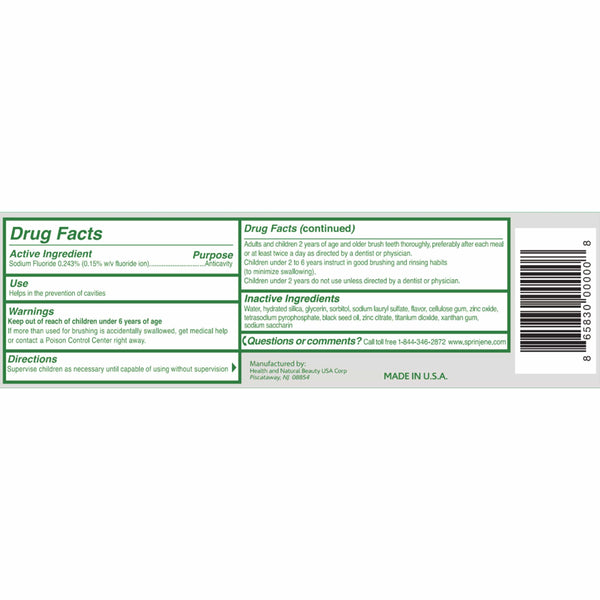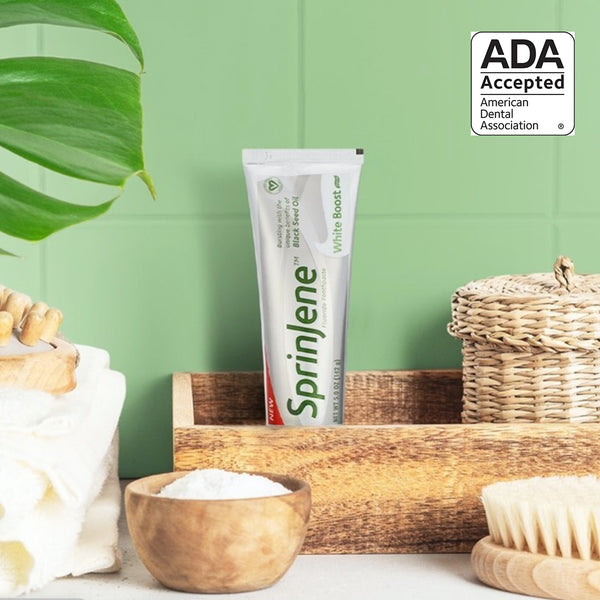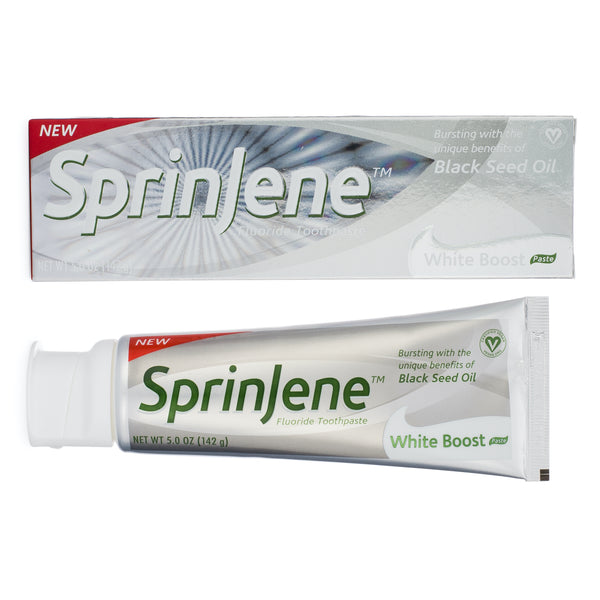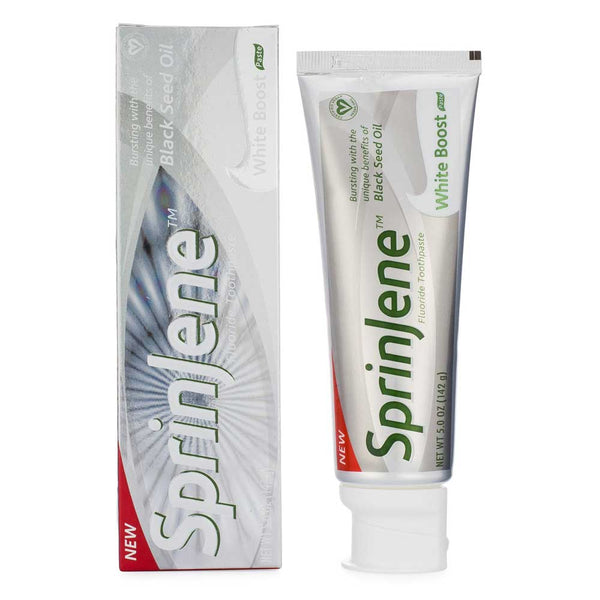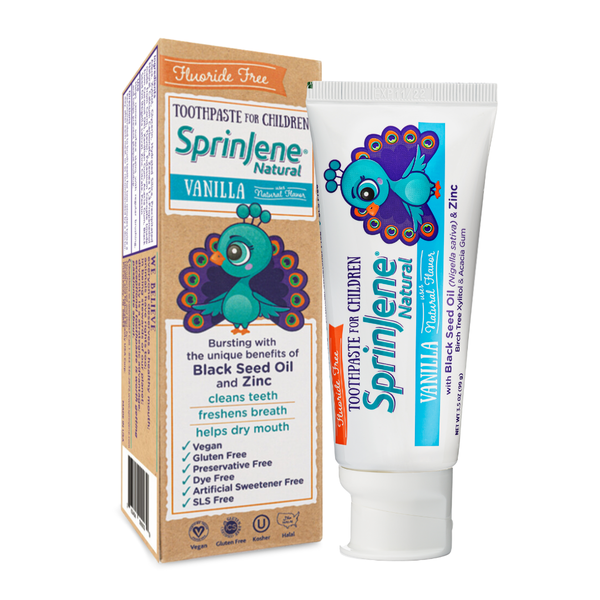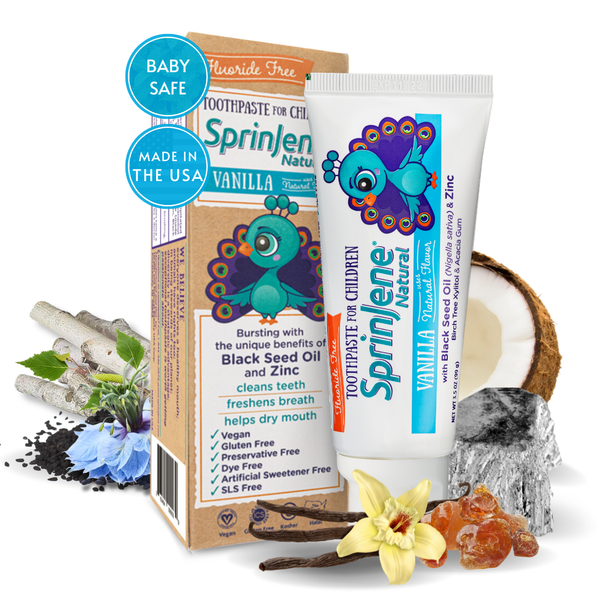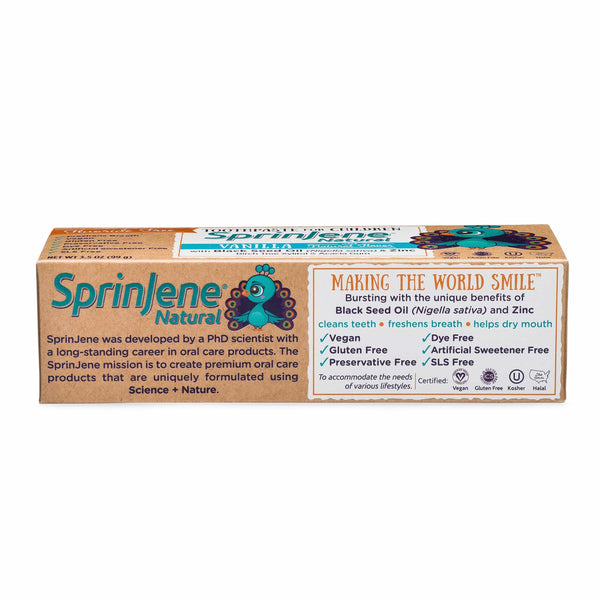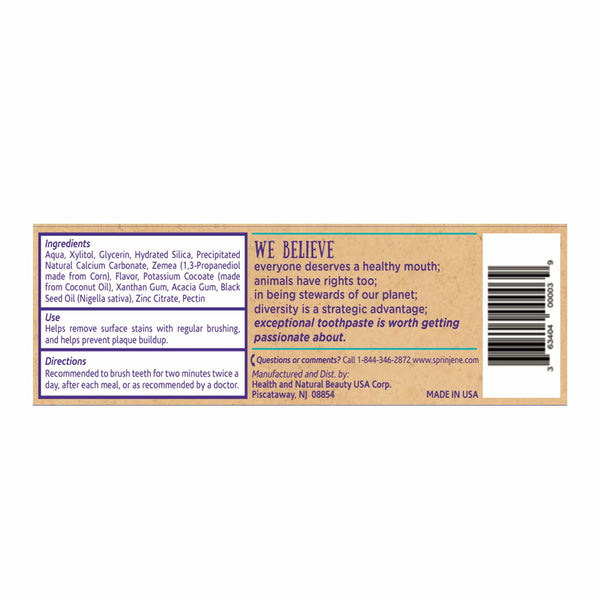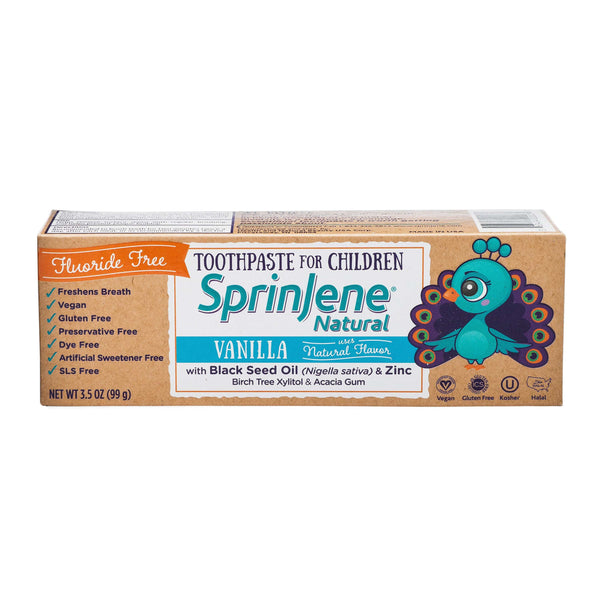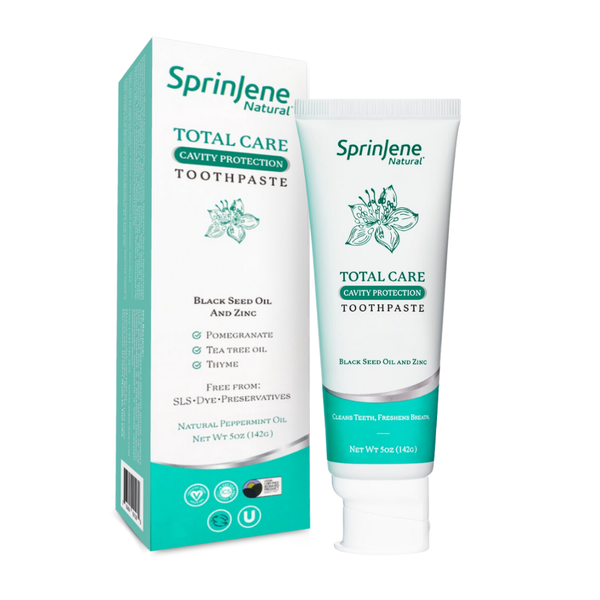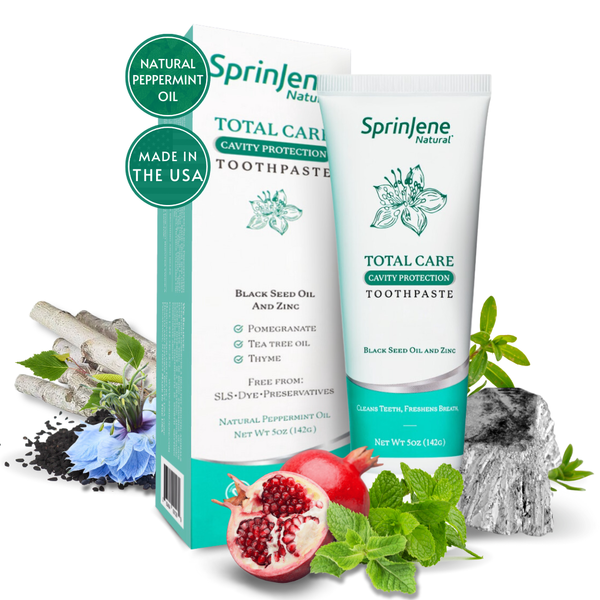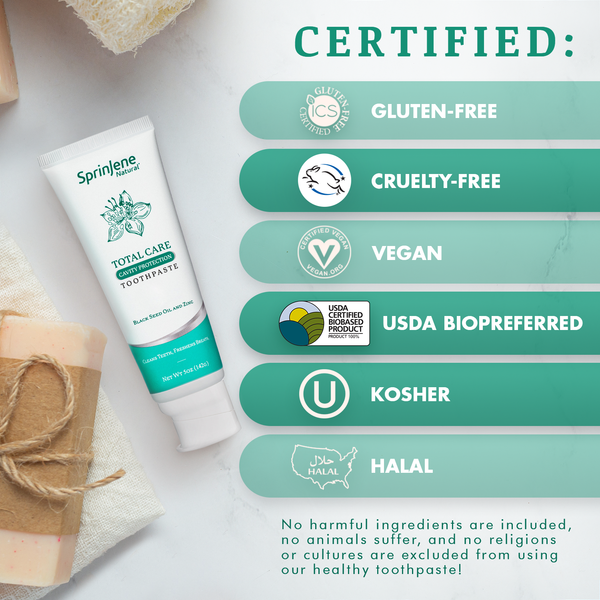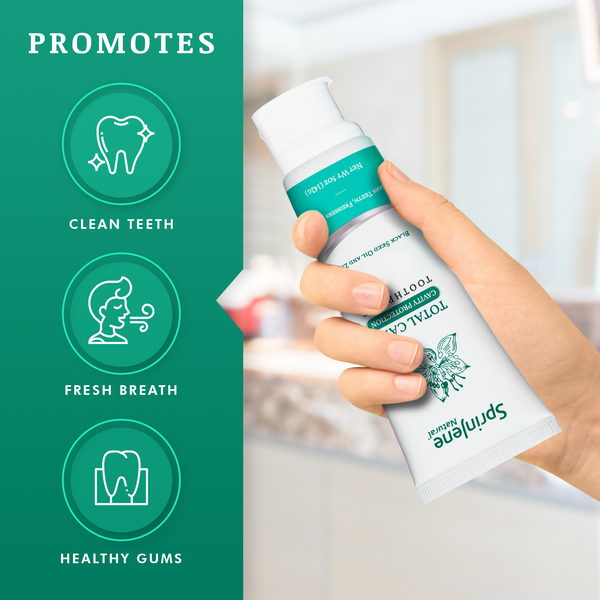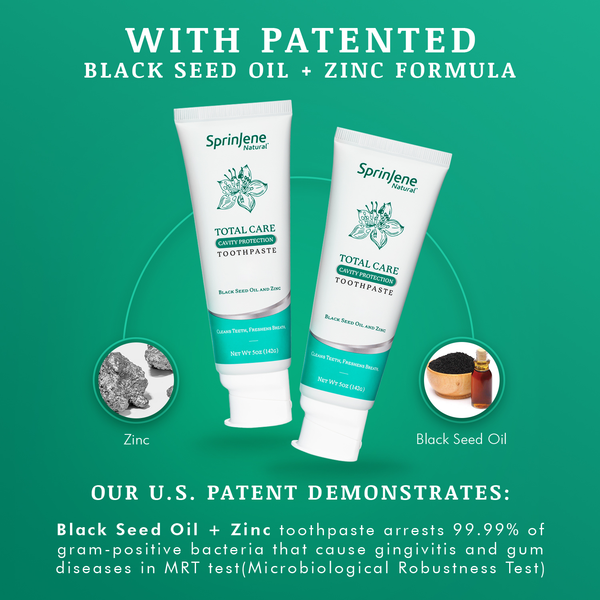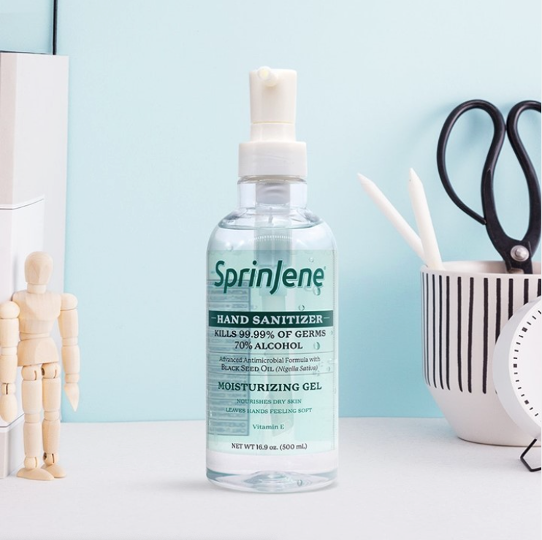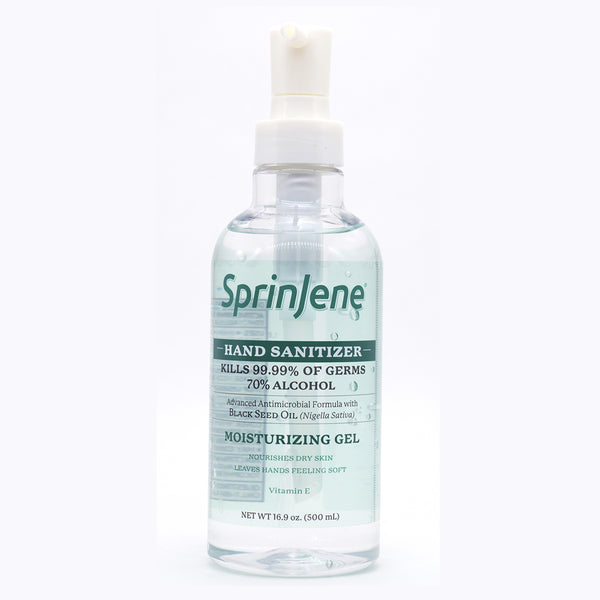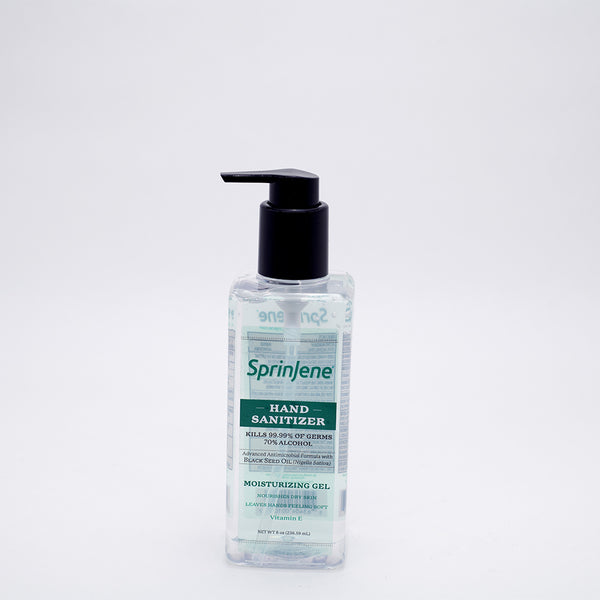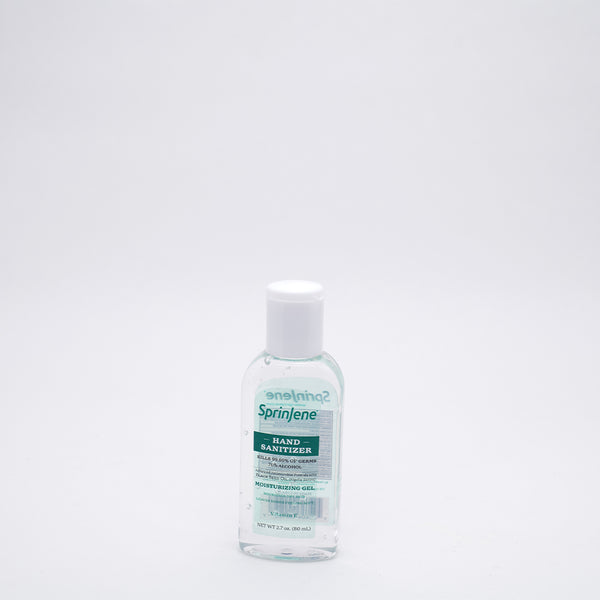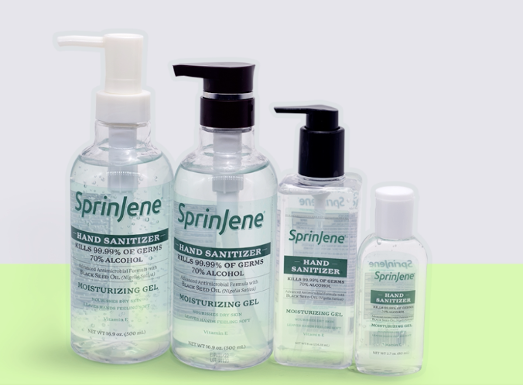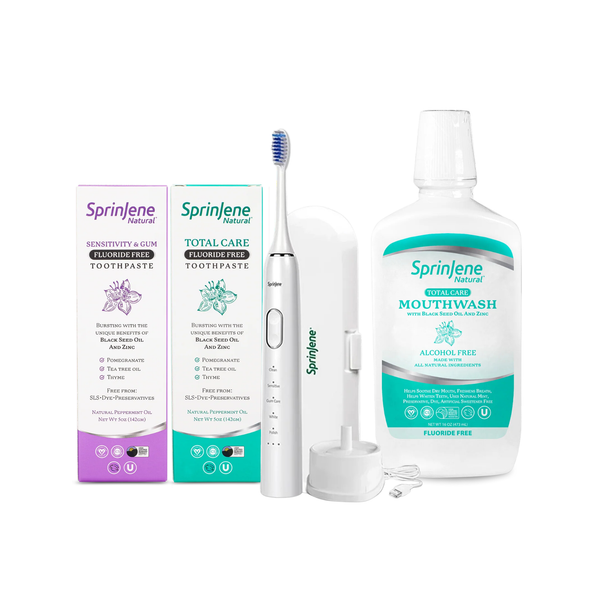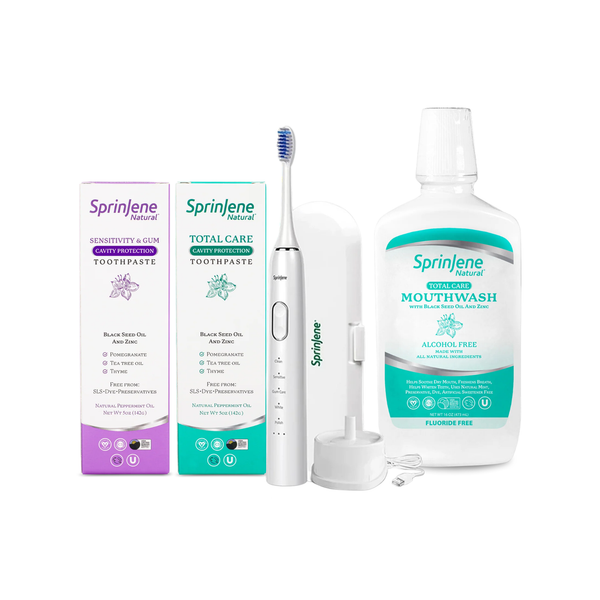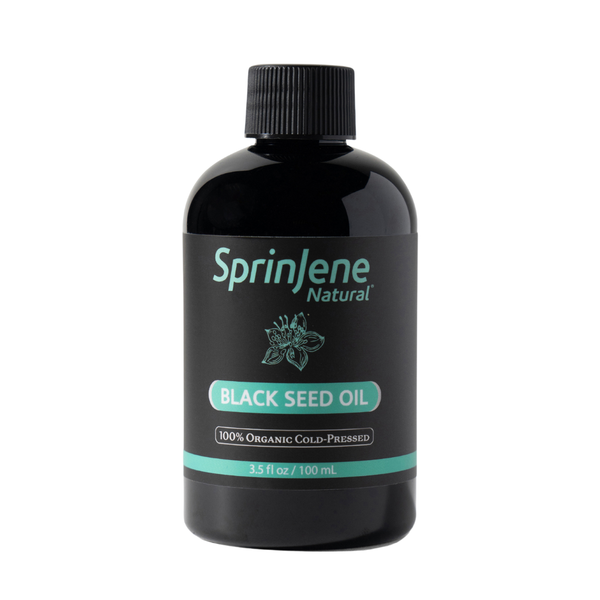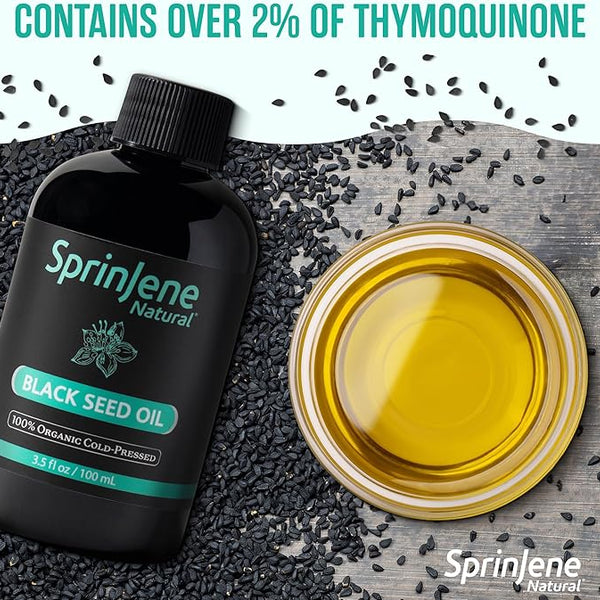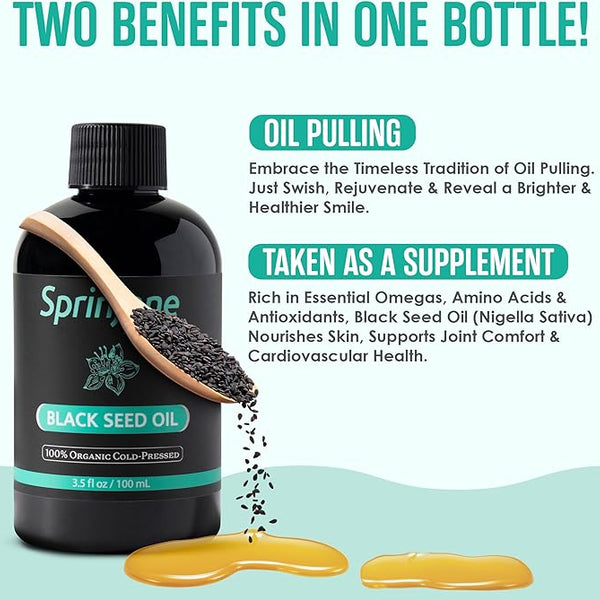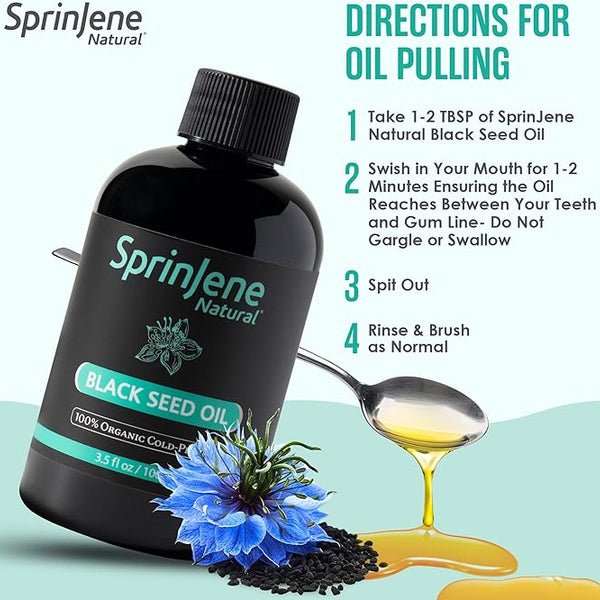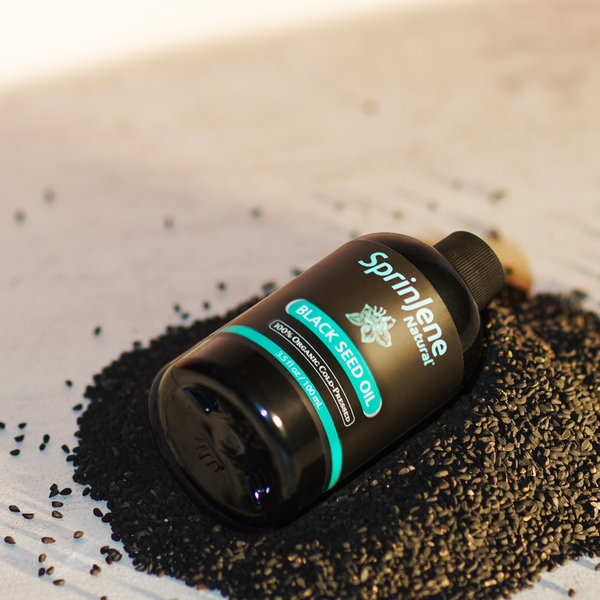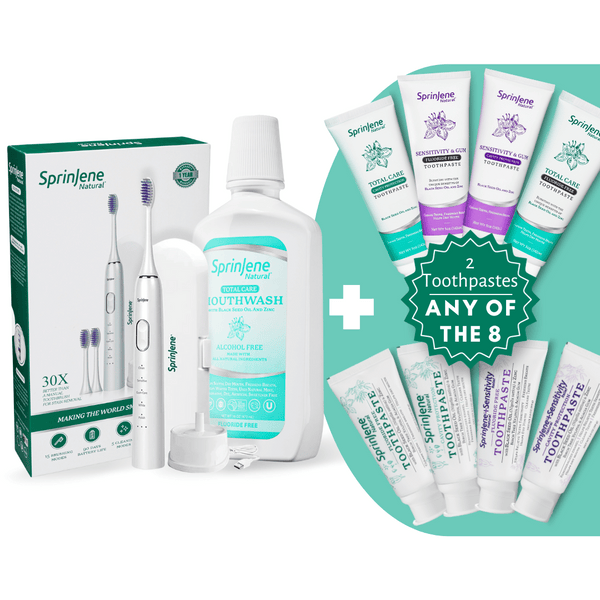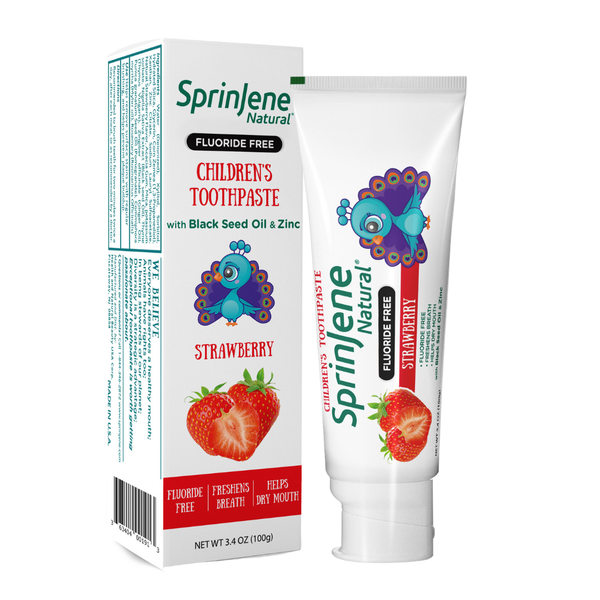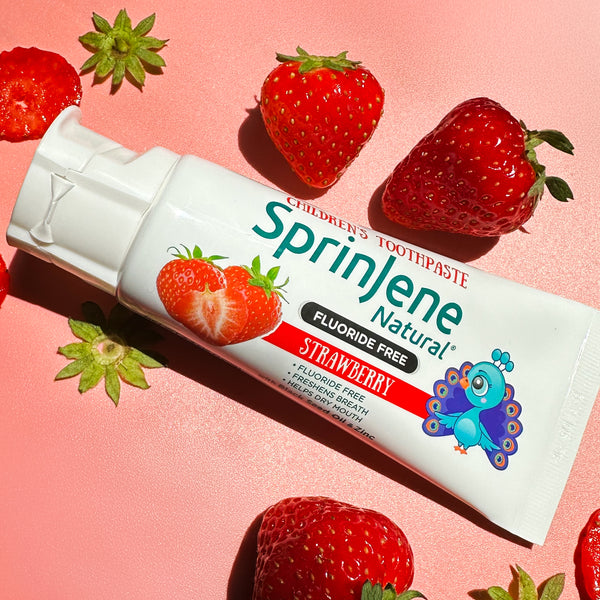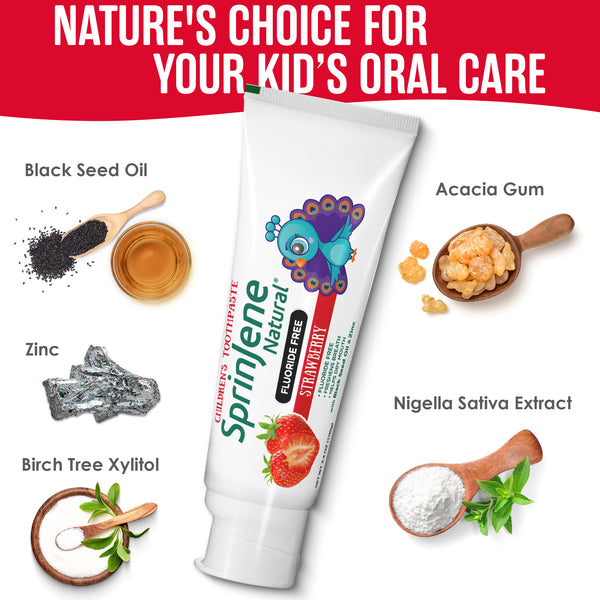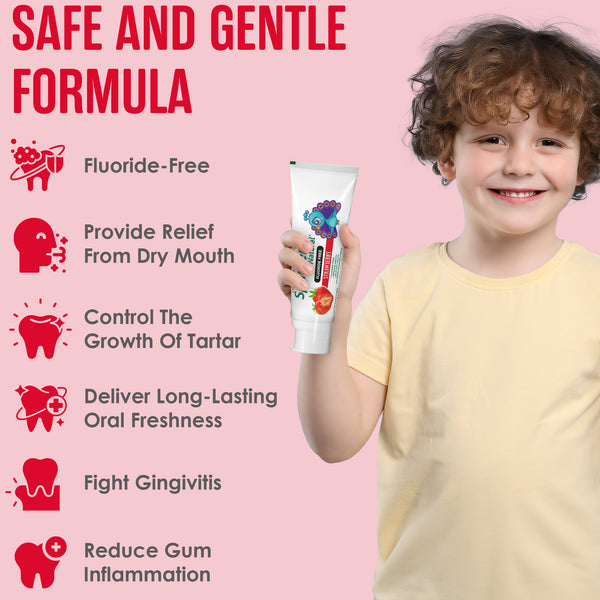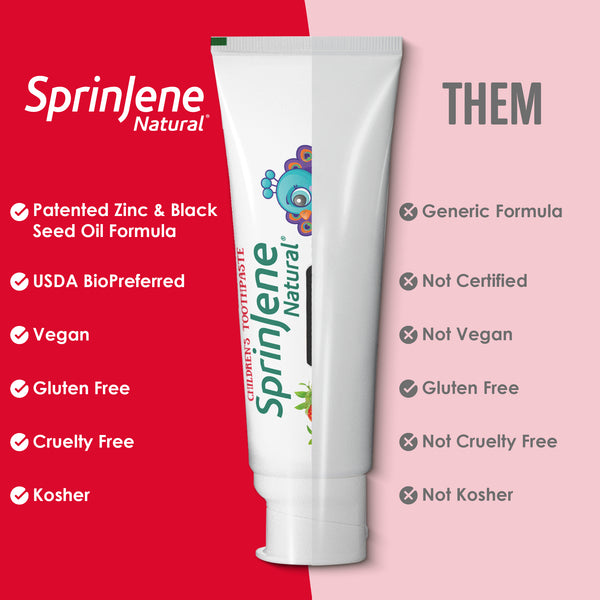
If a sip of hot coffee or a taste of ice cream makes you flinch in pain, then you have a case of tooth sensitivity or Dentine hypersensitivity. This is fairly common but can be quite uncomfortable and in some cases very painful and makes it almost impossible for the sufferer to eat or drink.
Enamel, the outermost layer of your teeth, is also the hardest layer which is essentially dead and has no nerve endings. This means it cannot feel any pain. According to the American Dental Association (ADA), enamel is supposed to help shield the sensitive insides of your teeth from things that can cause sensitivity. In a similar way, a substance called cementum protects your teeth’s roots, which contain the pulpy center that holds blood vessels and nerves.
Causes
Tooth sensitivity can be caused the many reasons. According to the Cleveland clinic
According to the Cleveland Clinic, some factors that contribute to sensitive teeth may include:
- Aggressive tooth brushing or using a hard-bristled toothbrush can wear down enamel, causing dentin to become exposed, or encourage gum recession.
- Gum or Gingival recession resulting from abrasion or periodontal disease is considered the primary etiological factor for exposed dentin. Once Dentine hypersensitivity occurs, it gets stimulated on exposure to any external stimulus and causes discomfort to the patient. The discomfort of sensitivity varies from minor (reversible pulpitis) to severe (irreversible pulpitis) discomfort. Since routine hygiene maintenance becomes more difficult, accumulation of dental plaque increases the risk for caries formation, gingival inflammation, and further periodontal problems
- Gingivitis. Inflamed and sore gum tissue can result in exposure of the tooth's root.
- Cracked teeth. These can become filled with bacteria from plaqueand cause inflammation in the pulp of the tooth. In more severe cases, it may lead to abscess and infection.
- Teeth grinding or clenching. This condition can wear down enamel.
- Plaque buildup that has been neglected.
- Long-term use of mouthwash. Some over-the-counter mouthwashes contain acids. In cases where dentin is exposed, the acids can make existing tooth sensitivity worse and also further damage the dentin layer.
- Acidic foods. These can encourage enamel erosion.
- Dental procedures. Certain dental procedures make teeth more sensitive such as professional cleaning, root planning, teeth whitening and crown replacement. This usually settles on its own after a few days.
Treatment
To treat sensitive teeth it is important to first figure out what is causing it. Once your dentist has determined the cause they might recommend one of the following options to you:
- Desensitizing toothpaste. Desensitizing toothpaste can sometimes help block pain associated with sensitive teeth after using regularly for a long time. There are a variety of products available over-the-counter. You can try and see which one is most suitable for you.
- Your dentist might apply fluoride gel or varnish to the sensitive areas of your teeth to strengthen tooth enamel and reduce pain.
- Desensitizing or bonding.Sometimes, exposed root surfaces can be treated by applying bonding resin to the sensitive root surfaces.
- Surgical gum graft.If your tooth root has lost gum tissue, a small grafting procedure can protect the root and reduce sensitivity.
- Root canal. If you are in severe pain due to sensitive teeth and other treatments aren't effective, your dentist might recommend a root canal as a last resort. It is considered the most successful technique for eliminating tooth sensitivity.
Your dentist might also advise you to do the following at home:
- Use a soft-bristled toothbrush.
- Avoid highly acidic foods.
- Use a fluoridated mouthwash daily.
- Avoid teeth grinding. Consider getting a mouth guard.
Desensitizing Toothpaste:
There are two chemical strategies to treat and manage the pain caused by Dentine Hypersensitivity. Agents that reduce fluid flow within the dentine tubules by occluding the tubules, thereby blocking the stimuli, and those that interrupt the neural response to the stimuli. This means that the dentinal tubules or nerve endings can either be blocked or those that block the response that is elicited in the nerve endings. Both would have a desensitizing effect.
The majority of desensitizing toothpastes contain potassium salt which is believed to work by penetrating the length of the dentin tubule and depolarizing the nerve, interrupting the neural response to pain stimuli.
Many experimental studies have been conducted to see which ingredient works best for sensitive teeth. And whether natural tooth pastes would be equally effective? The following ingredients have shown to be the most effective in commercially available toothpastes.
- Arginine and Calcium Carbonate
- Potassium nitrate
- Stannous fluoride
According to a study, 8% arginine-containing toothpaste was found to be most effective followed by herbal and potassium salt-containing toothpastes. There has been growing interest in natural products, especially in dentistry. Herbal desensitizing toothpaste could be a safer and effective alternative to potassium salt-containing toothpaste in reducing dentine hypersensitivity in future.
Herbs and natural minerals which have soothing and beneficial properties are being incorporated in oral dentifrices. They are also safer to use with less adverse effects. A popular and safe natural tooth paste is
SprinJene Natural Sensitivity Relief Fluoride-Free Toothpaste. It features a patented formula with zinc and black seed oil, along with “good for you” ingredients like coconut oil, birch tree xylitol, and acacia gum. Plus, potassium nitrate is added to make brushing gentler on sensitive teeth. This patented, fluoride-free toothpaste for sensitive teeth can help to:
- Provide relief from dry mouth.
- Fight gingivitis (gum disease).
- Reduce gum inflammation.
Free From:
- Ideal for people who tend to have an issue with too much fluoride. However, not everyone is allergic or sensitive to that small amount of fluoride in toothpaste.
- SLS (sodium lauryl sulfate).SLS is a chemical surfactant irritant to some people and can cause mucosal ulcerations.
- Artificial preservatives and dyes.Unnatural chemicals used to make products last longer and look a certain color have been linked to multiple health issues, especially in children.
References
- Bissada NF. Symptomatology and clinical features of hypersensitive teeth. Archs Oral Biol. 1994;39(Suppl):31S–32S. [PubMed] [Google Scholar]
- Vieira APGF, Hancock R, Dumitriu M, Limeback H, Grynpas MD. Fluoride’s effect on human dentin ultrasound velocity (elastic modulus) and tubule size. Eur J Oral Sci. 2006;114:83–88. [PubMed] [Google Scholar]
- Jälevik B, Klingberg GA. Dental treatment, dental fear, and behavior management problems in children with severe enamel hypomineralization of their first permanent molars. Int J Pediatr Dent. 2002;12:24–32. [PubMed] [Google Scholar]
- Rodd HD, Boissonade FM, Day PF. Pulpal status of hypomineralized permanent molars. Pediatr Dent. 2007;29:514–520. [PubMed] [Google Scholar]




